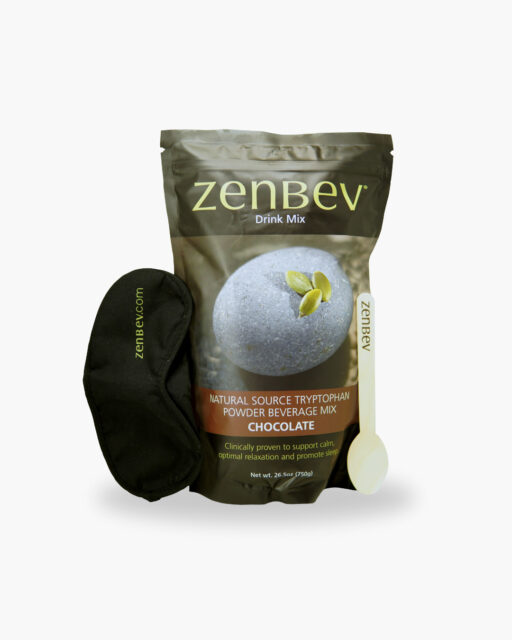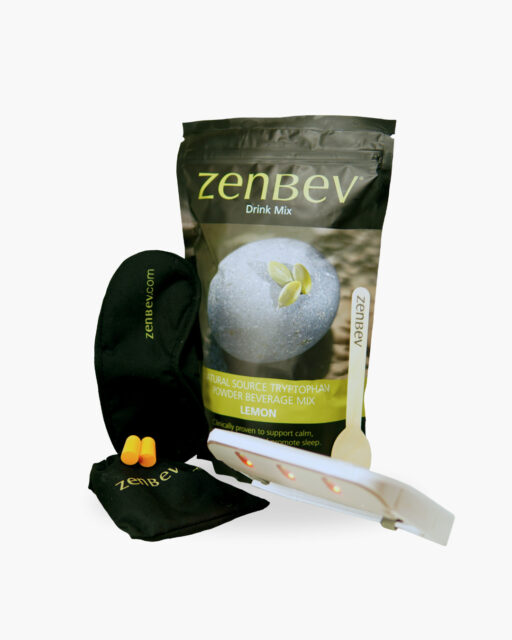Sleep Styles we can Learn From

With World Sleep Day on the horizon, we thought it would be a good idea to view the current state of sleep from a global lens. The world, collectively, is in a state of stress and fatigue. We’ve all experienced what seems to be some of the most turbulent few years in recent history and optimism is either in low supply or short-lived. One of the few respites we can all look forward to is our 8 hours of sleep per night (at least that’s to be hoped for!). Here is a bit of a respite from the doom and gloom, however. We will, instead, conduct a quick world tour on unconventional sleep styles.
It would be a shame to mention World Sleep Day without celebrating the methods of sleep less known to us. Western society is often hesitant to accept various cultural practices and methods for healing and sleep. Many cultures, however, wouldn’t continue the traditional methods they use if they weren’t effective in the first place. Here are some lullaby lessons from around the world.
First off, are we missing something with our Western assumptions about the ubiquitous bed? A less than conventional method of sleeping, the hammock, seems to speed up the time it takes to fall asleep with its unique rocking motion. This, combined with a longer cycle of stage 2 sleep alludes to a beneficial effect on sleep overall. While it may not be the most accessible option, hammocks are more widely accepted as a sleeping space in Central and South America. So, what gives? If it has been proven to improve sleep quality, why not experiment with the option this summer, or this afternoon if you are in a part of this world that is already feeling warmer temperatures?
While not as concrete in its scientific merits, the Japanese shikibuton, is an equally intriguing sleeping receptacle as the hammock which provides another alternative to the boring, old bed we are all used to. Thought to lessen back injury and promote spine health, the shikibuton is a special roll-out style mattress that can be kept elsewhere to save space. The science has not yet supported the chiropractic benefits and claims, yet the shikibuton is still widely used and merits a special nod in our discussion of global sleep practices. (Marie Condo would also approve of the organizational simplicity!)
The best-kept Scandinavian secret is the benefits that one can draw from using a sauna. Not only helpful for sleep, frequent use of a sauna has been shown to alleviate the effects of cardiovascular complications, obstructive pulmonary disease, arthritis and even depression and anxiety. The steam of the sauna raises the body’s temperature which, in turn, relaxes it and allows for an easier experience when falling asleep. Survey research of individuals who used a sauna 5-15 times per month showed a significant increase in sleep quality for multiple nights after use as well as increased mental well-being as a result. Unfortunately, a sauna is not readily available to the average person. Alas, we must deal with the fact that we can only take advantage of sauna’s benefits when we next have access to one, but definitely worth the experimentation if availability permits! Why not substitute a few very hot baths and see what happens?
There are plenty more promising methods for falling asleep from thousands of cultures around the world than one can mention in any single article. Our contribution to the collective quest for sleep is our product, Zenbev Drink Mix, which unifies the scientific body with that of nature, providing you with quality sleep at zero cost to your health, physical or mental. In a time when sleep is so sought-after, make it easy on yourself and choose an alternative that makes sense for you. Happy World Sleep Day and Good Night from Biosential!





